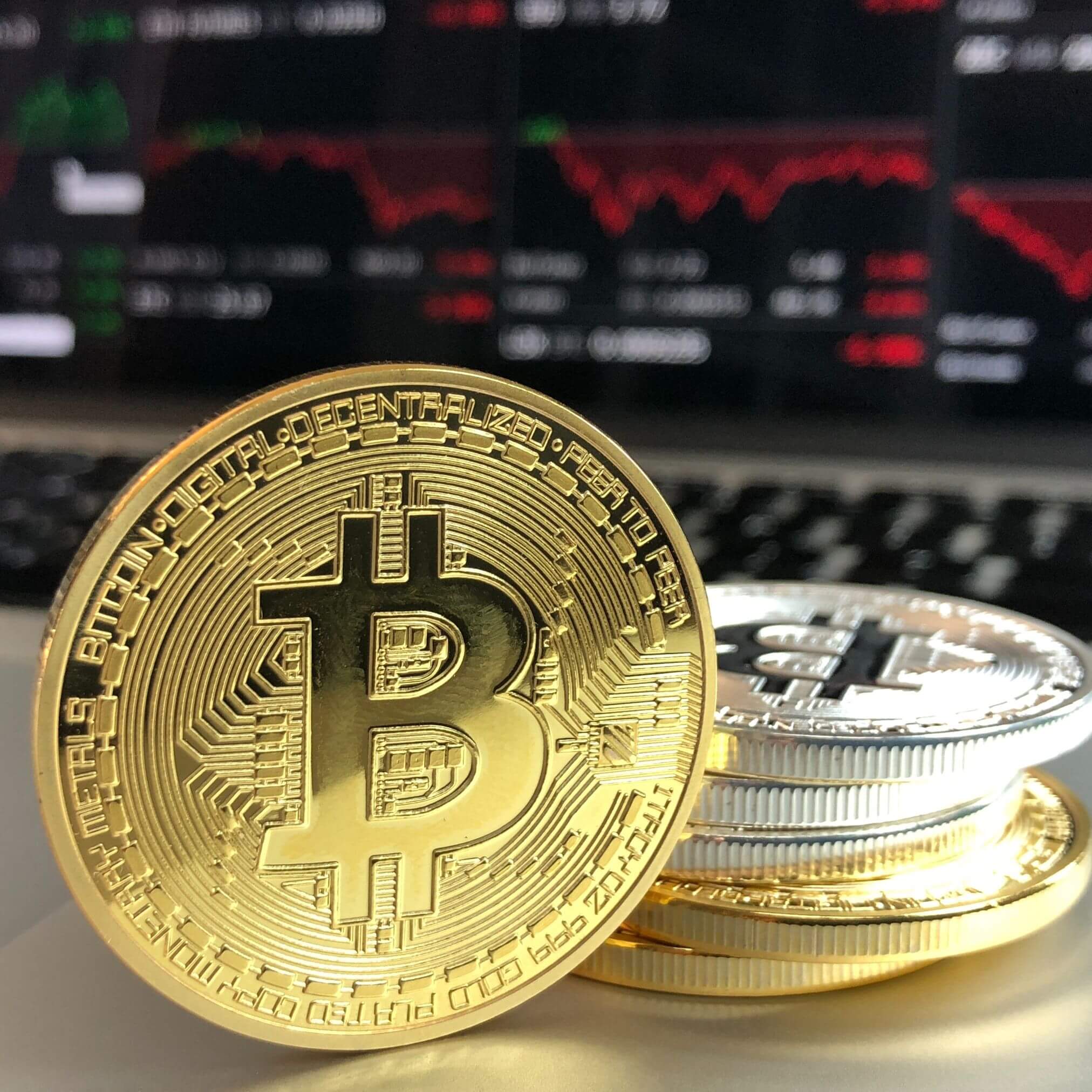
FSHO’s application to operate in Japan has been rejected. The cryptocurrency exchange is the latest casualty of Japan’s strict rules governing exchanges. The Financial Services Agency which regulates cryptocurrencies cited lack of security controls and poor vetting of users as the reason for the denial.
FSHO, one of the notable exchange providers in the country has been facing a number of woes recently. It was among a number of exchanges that had been suspended in March over lax anti-money laundering controls. FSHO could effectively stop operating after the suspension period ends on Thursday, June 7.
The FSA has been cracking down heavily on cryptocurrency exchanges since early 2018 after a spate of high profile hackings. One of the biggest heists occurred in January when hackers stole an estimated $533 million worth of NEM tokens from Coincheck.
The exchange has subsequently been acquired by Monex Group. Although Coincheck managed to reimburse its customers, the attack prompted to exchange to swing into action to prevent loss of funds.
The agency conducts regular physical inspections. One of the rules require exchanges to store coins in cold wallets. Customer funds should also be stored separate from those belonging to the company and balances checked several times a day. The rule was designed to prevent misuse of customer funds and help detect fraud.
New Rules
Some of the new rules introduced in May also requires exchanges to verify the identity of customers making large transactions as a way of preventing money laundering.
Authorities have also been reportedly been asking for privacy focussed coins such as Monero, Zcash and Dash to be delisted.
Binance, the Hong Kong based cryptocurrency exchange was recently asked to shut down operations in the Asian nation albeit for a different reason. The FSA said the exchange had been operating without a license. Binance had indicated it would continue engaging with the regulators but its is not clear how far this has gone.
Despite the tough scrutiny, Japan has some of the most advanced regulations anywhere in the world. The government recognises cryptocurrencies as a form of payment.

Japan is a major crypto trading hub worldwide with BTC/YEN pairs often accounting for more than half of all bitcoin trades.
US-based Coinbase recently opened an office and appointed a CEO as it plans to expand into the country.
Several other firms both foreign and local are planning to offer cryptocurrency services in the near future. Yahoo Japan acquired BitArg Exchange in April as it positions itself to enter the cryptocurrency industry.

